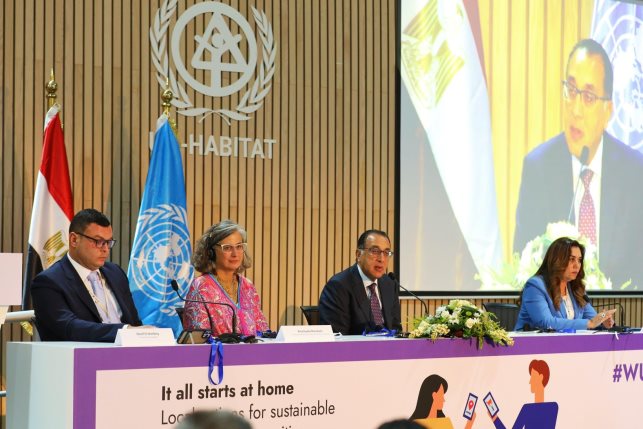World Bank predicts Egyptian remittances to fall 15% YoY in 2023
The drop is attributed to the widening gap between the official and unofficial exchange rates, leading Egyptians abroad to utilize unofficial channels when sending remittances

The World Bank (WB) predicts a significant 15% year-on-year decline in remittances to Egypt for 2023, plummeting to $24.2 billion, according to its latest report. In a June report, the WB projected a 3.1% increase in remittances for the year.
The drop is attributed to the widening gap between the official and unofficial exchange rates, leading Egyptians abroad to utilize unofficial channels when sending remittances.
Data from the Central Bank of Egypt revealed a 38% decline in remittance flows during the first half of 2023, amounting to $10 billion, compared to $16.3 billion in the same period a year earlier, the lowest level recorded since the first half of 2017.
For the Middle East and North Africa region, remittances are expected to decline by 5.3% to approximately $61 billion in 2023, following a 4.5% drop in 2022.
The WB attributes this decline mainly to the sharp decrease in flows to Egypt, the largest recipient in the region, channeled through nonofficial channels due to the significant gap between official and parallel foreign exchange markets.
Egypt’s shortage of hard currency has widened the gap between official and black-market exchange rates, prompting the government to implement measures to bolster foreign currency reserves.
The World Bank highlighted several initiatives by the Egyptian government to address the decline in remittances in its report, including announcing that there is no plan to tax remittances back in March, offering land and housing for US dollars through the New Urban Communities Authority, plans by banks to launch savings products exempt from commissions for the diaspora, and efforts to promote the use of digital channels for remittances in the formal sector.





